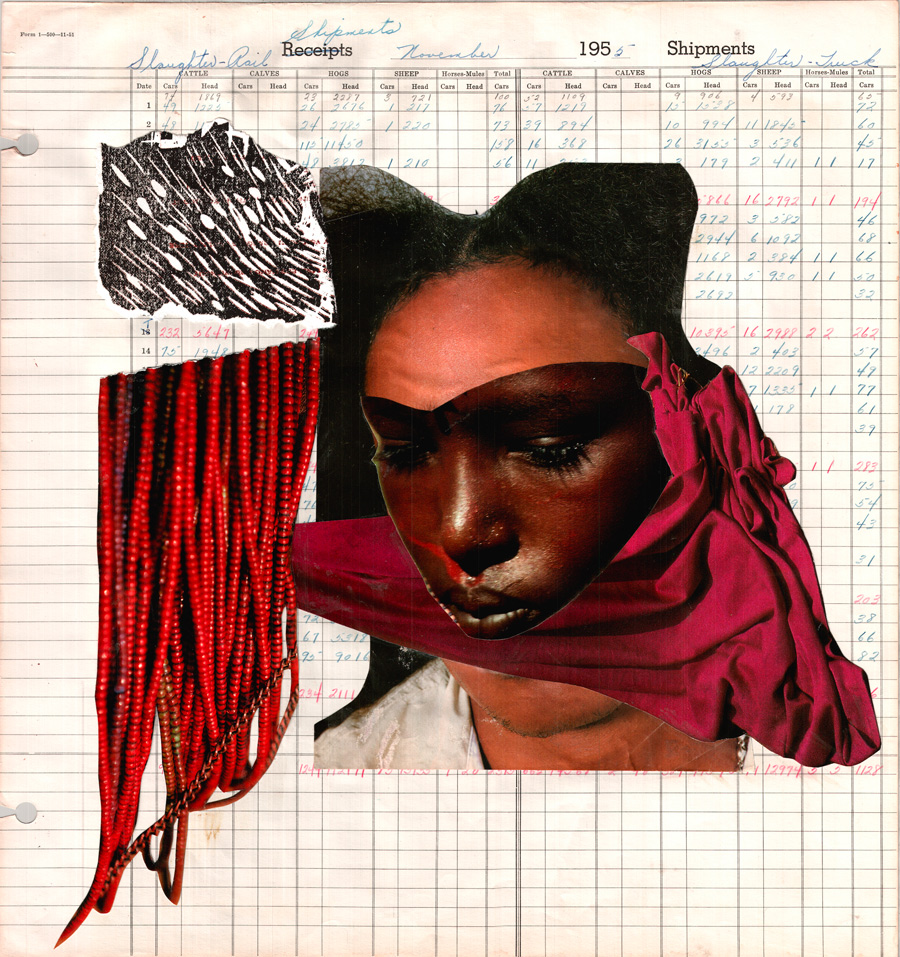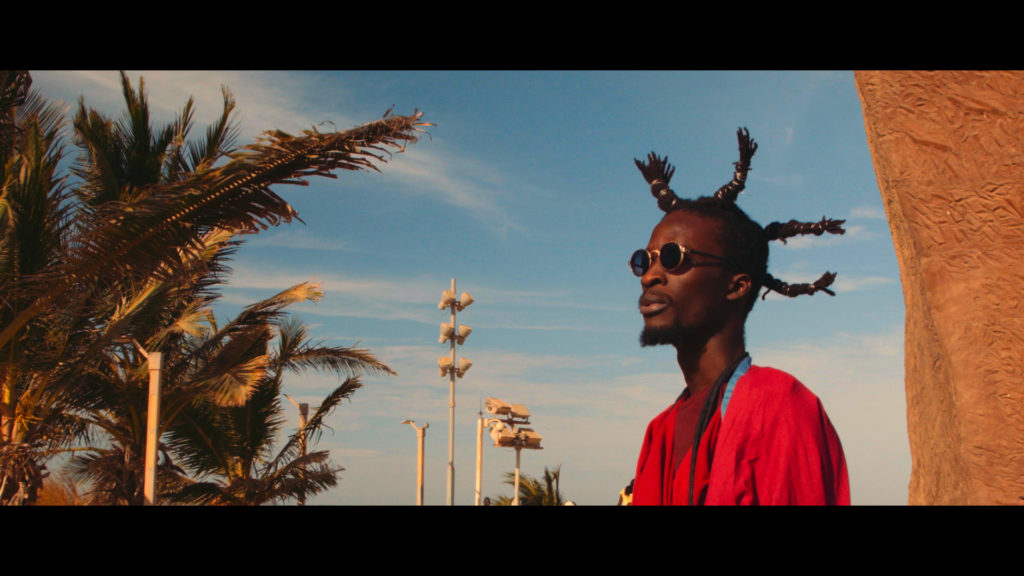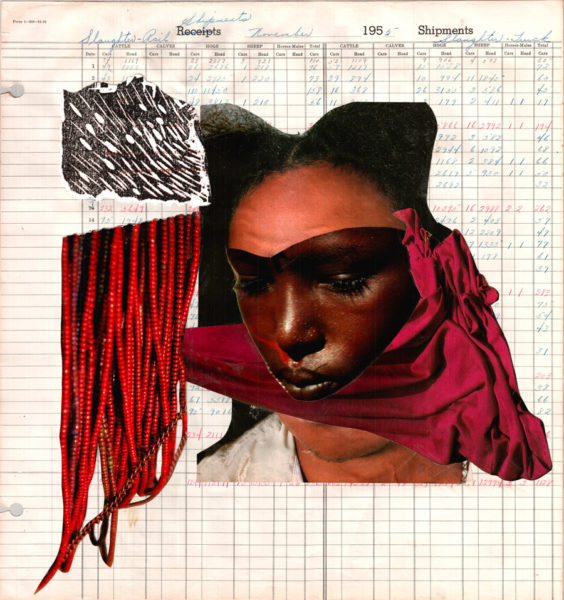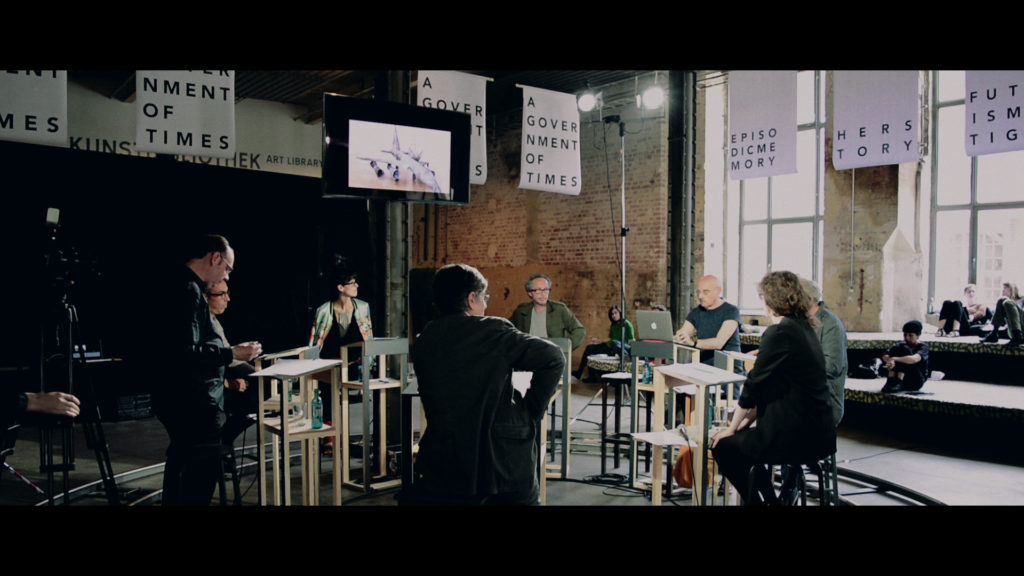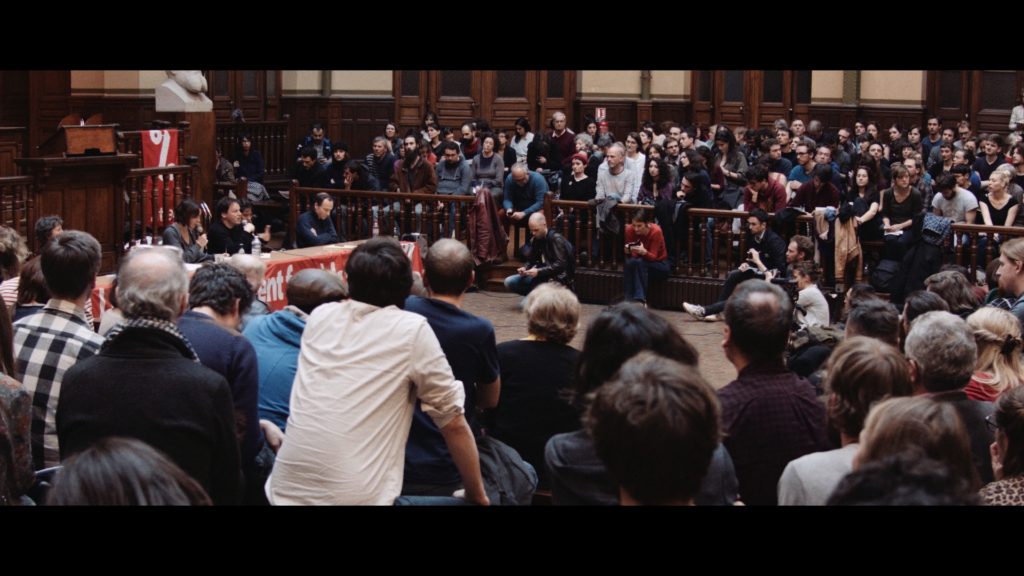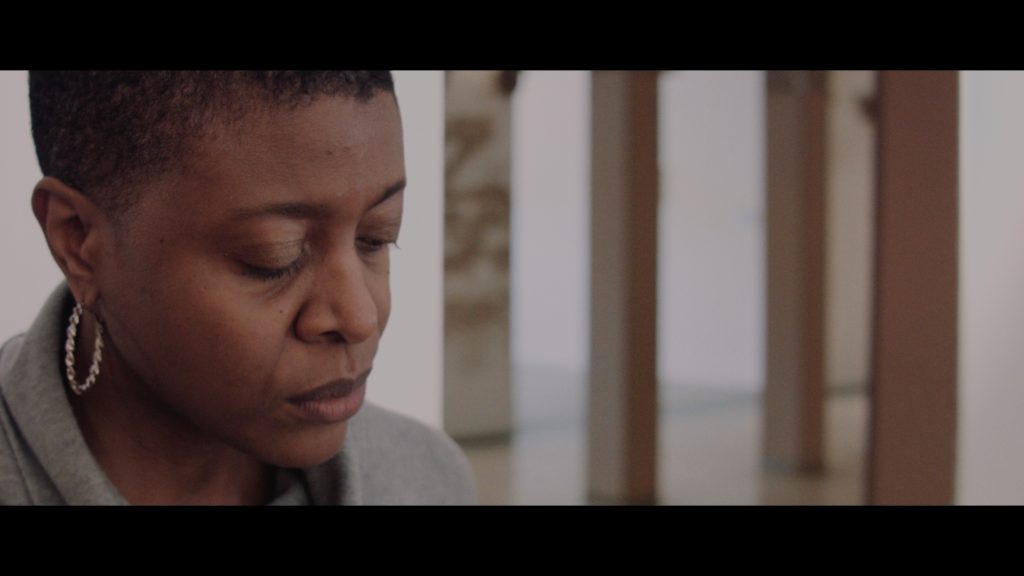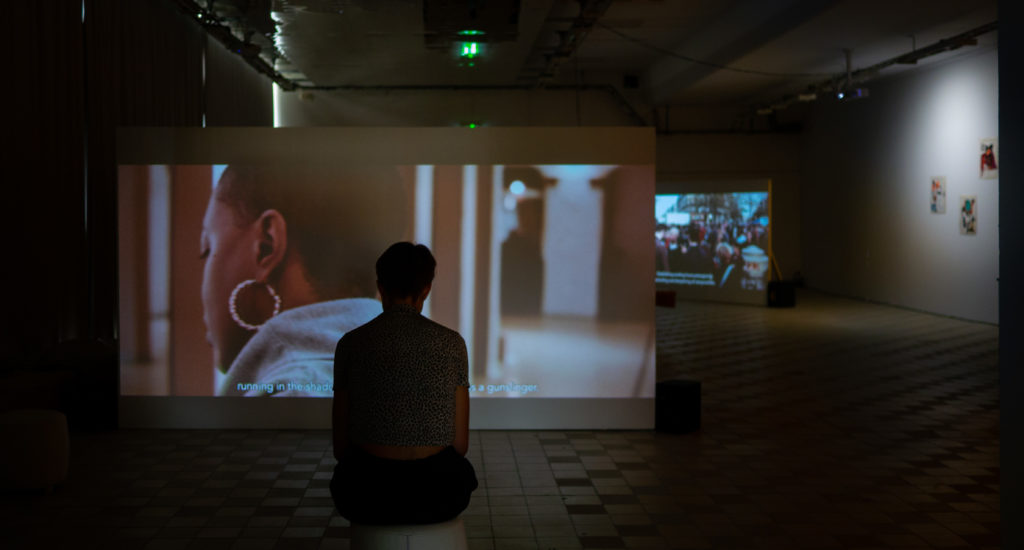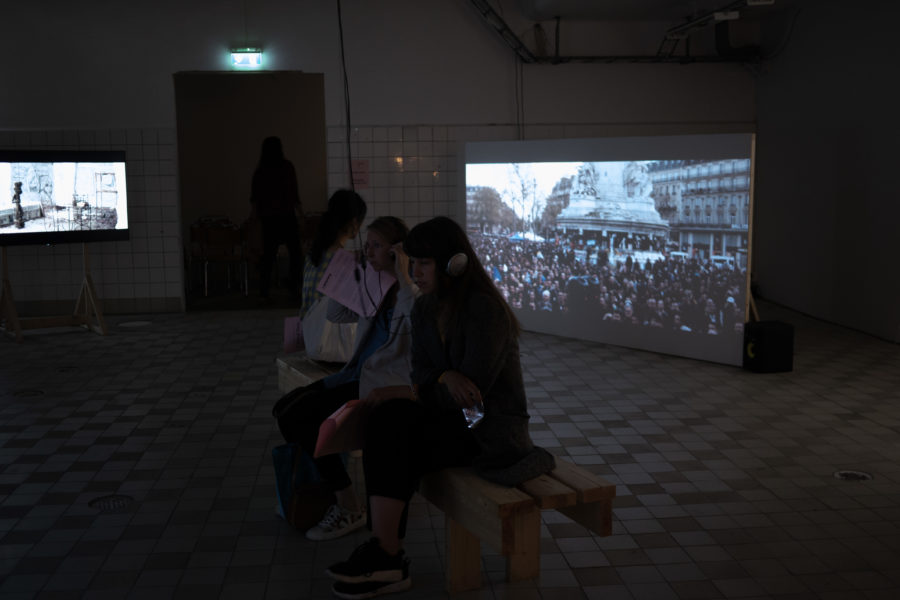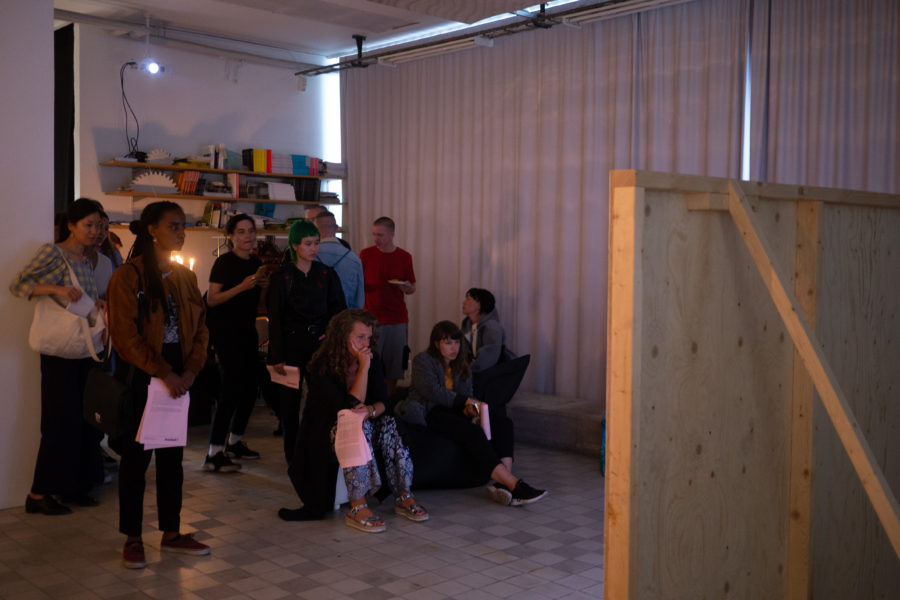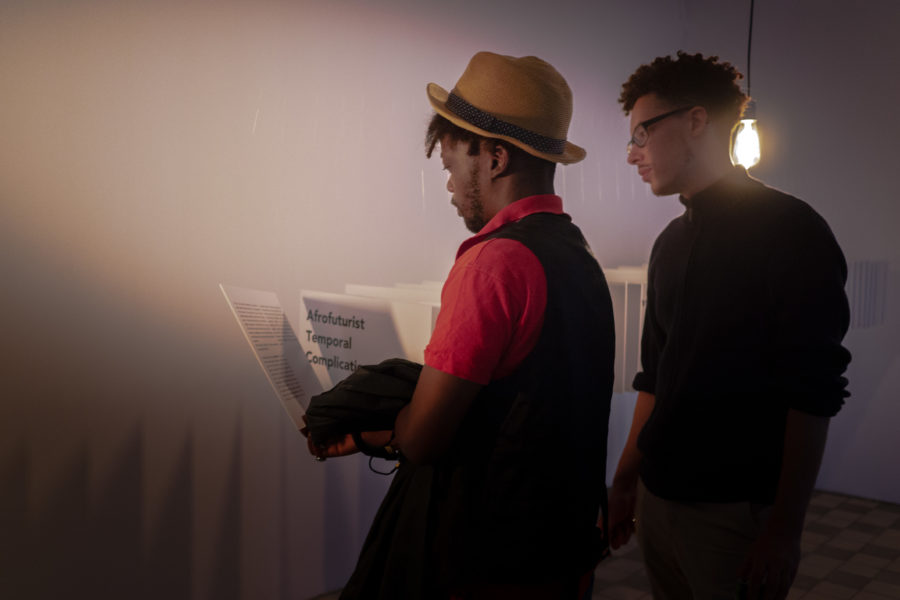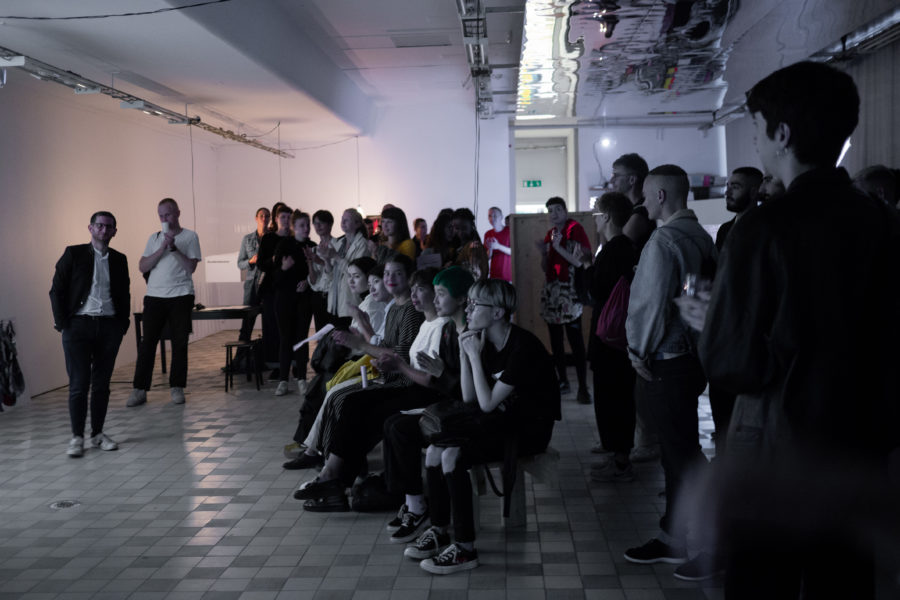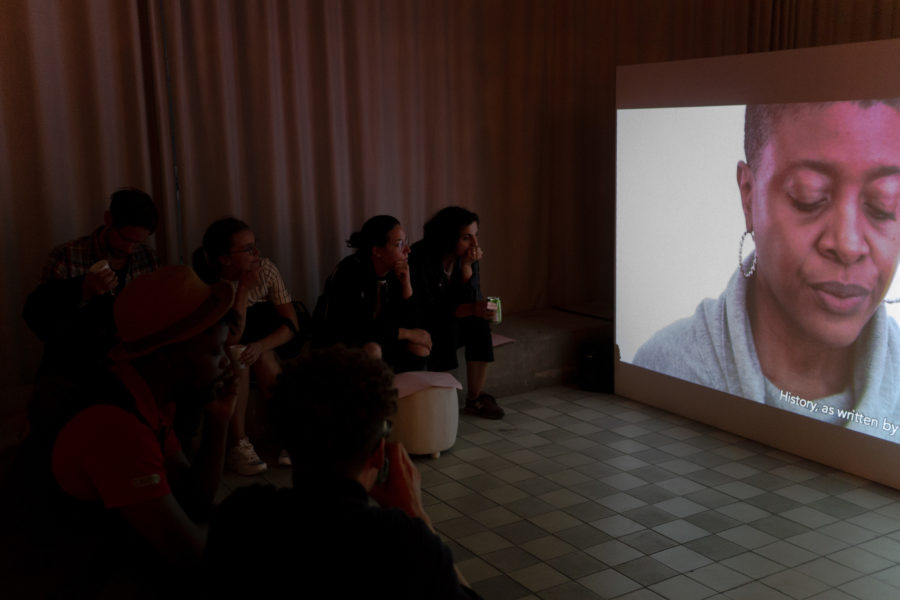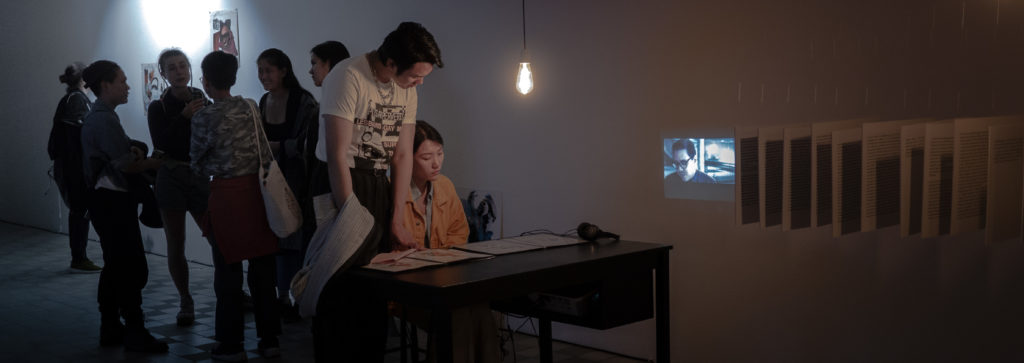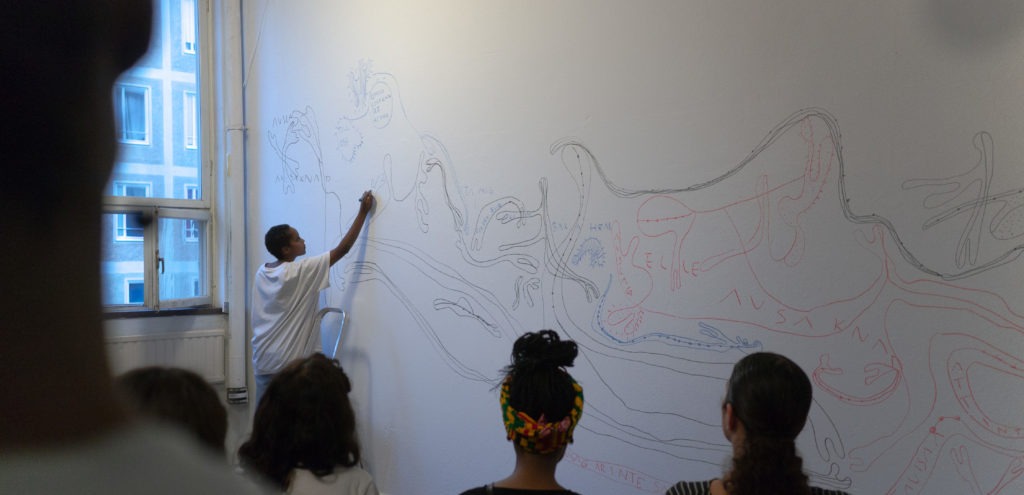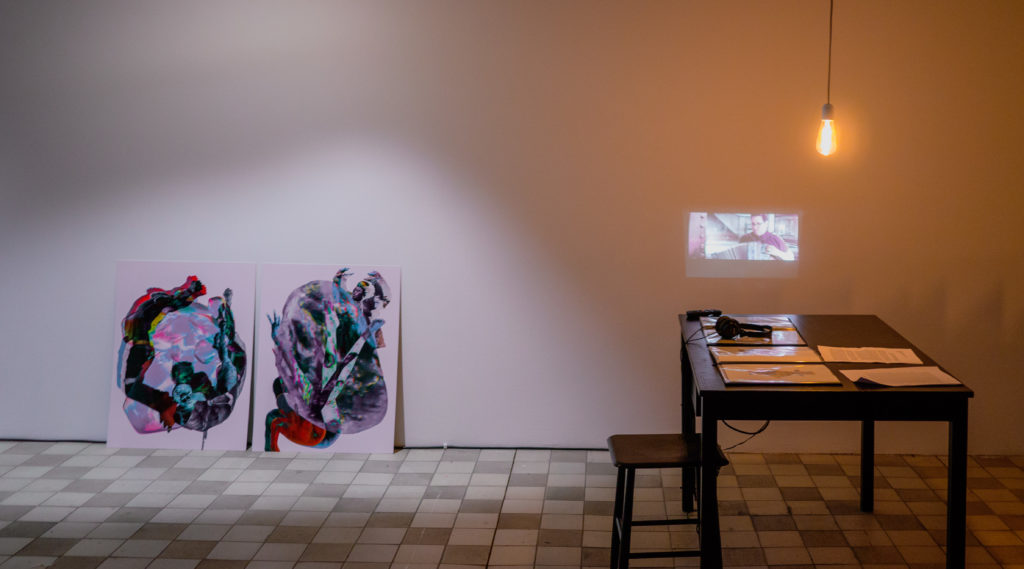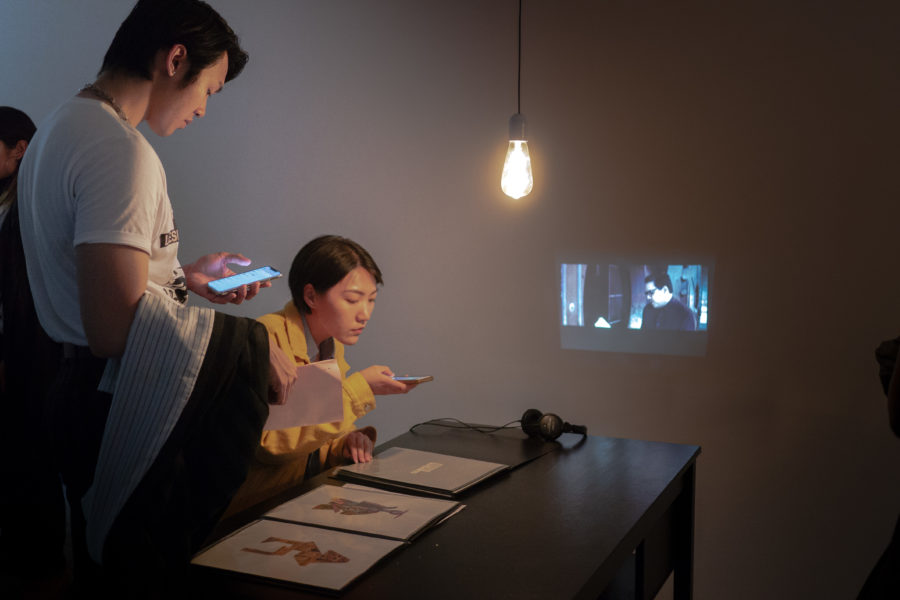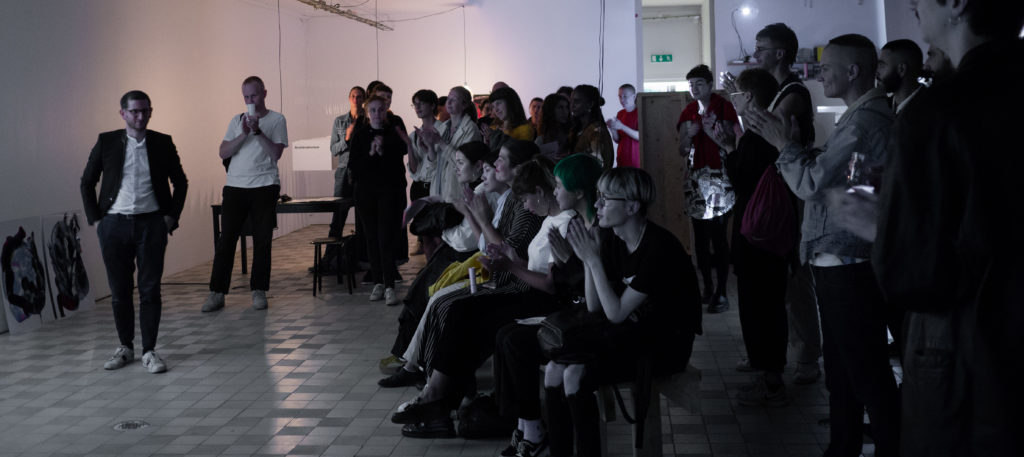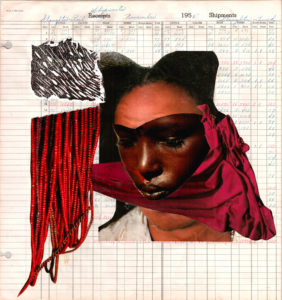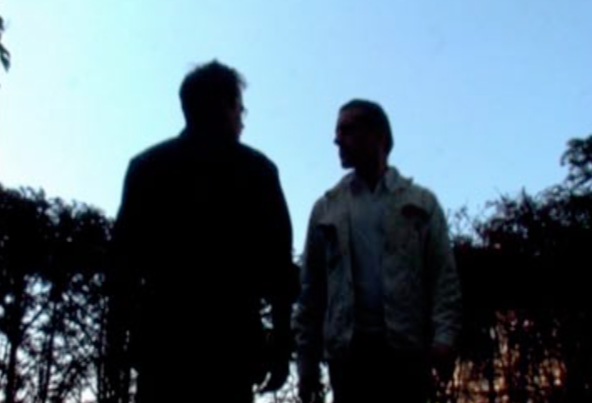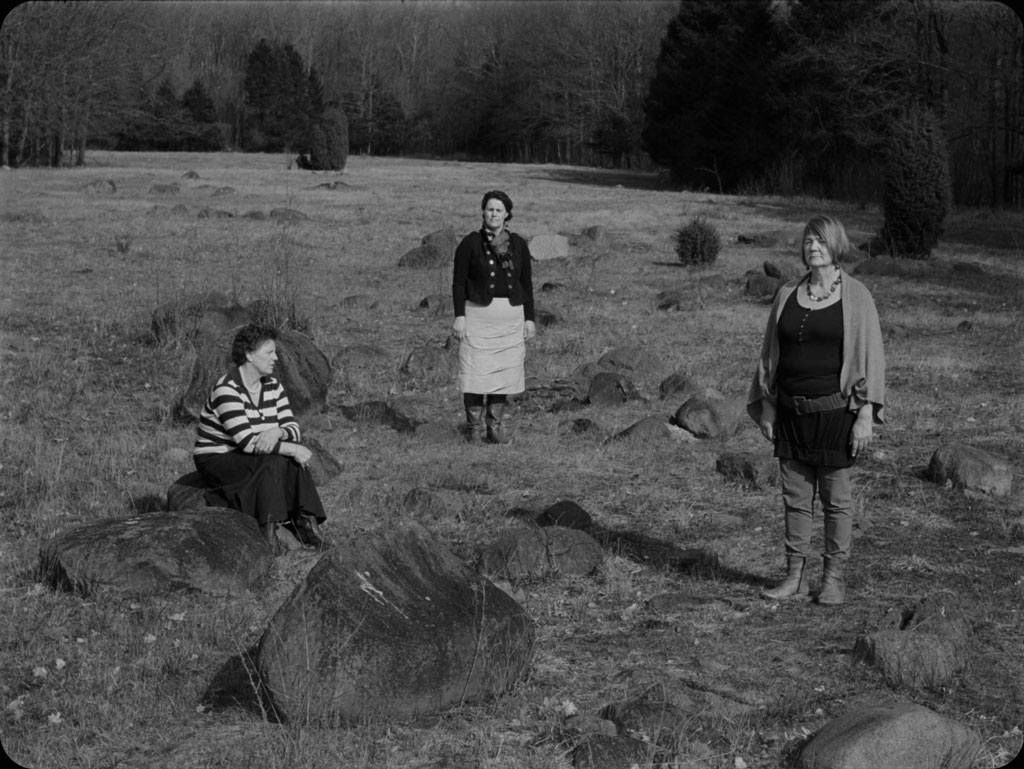A Debt of Times
Konsthall C
Stockholm
Exposition
Vernissage 24 août 2018, 6pm
25 août – 28 octobre 2018
Commissariat
le peuple qui manque / a people is missing
(Aliocha Imhoff & Kantuta Quirós)
Comment décoloniser le temps ? L’exposition A Debt of Times est le premier chapitre d’une recherche en cours sur l’extractivisme temporel1. Ou comment la modernité a décrété une série de dettes de temps. D’une part, en construisant le temps historique comme mesure de la distance culturelle et en octroyant un supposé retard fondamental aux géographies extra-occidentales qu’elles devraient s’évertuer à combler, reléguées dans la « salle d’attente de l’histoire »2. En Europe, les crises de la dette mais aussi le mémorialisme, l’obsession commémorative nous ont enjoint également à hypothéquer socialement le temps futur et nous exerçons sur les générations à venir une véritable expropriation temporelle. Sous la forme d’une série chronopolitique, et d’une enquête mondiale, l’installation « Les Impatients », constitue une tentative de collecte de temporalités non-alignées, autant de stratégies qui visent annuler la dette de temps pour mieux réengager l’avenir. Des crises financières du Midwest américain (Detroit/Chicago) à Nuit Debout qui arrêta le calendrier pour mieux suspendre le temps de la production et « les institutions de la séquestration temporelle », en passant par Dakar, où l’économiste Felwine Sarr démonte les dogmes de l’économie du développement et annonce que l’Afrique n’a pas de retard à rattraper, mais a d’autres défis plus cruciaux dont celui de faire advenir cet Afrotopos, « ce lieu non encore habité par cette Afrique qui vient. »
En étoilement autour de l’installation « Les Impatients », un lexique temporel, des collages, livres d’artistes, pièces graphiques, creusent plusieurs hypothèses de futurs non-alignés, qui mettent à mal cette dette de temps, hypothèses afrofuturistes, afrosurréalistes ou chicanofuturistes3 dépliées dans la série « Les Impatients » autant que dans les pièces de Krista Franklin, Joshua Rios (également acteurs dans la série) et Mawena Yehouessi.
Avec les oeuvres de Aliocha Imhoff & Kantuta Quirós / Krista Franklin / Joshua Rios / Mawena Yehouessi
Une performance pendant le vernissage par Fatima Moallim
L’exposition comprend également de nombreux documents.
Voir également, au sujet du film Les Impatients
Revue de presse :
– Kunstkritikk, En ny tideräkning börjar nu, par Lars-Erik Hjertström Lappalainen, 4.09.2018 (version suédoise)
– Kunstkritikk, A New Calendar , par Lars-Erik Hjertström Lappalainen, 4.09.2018 (version anglaise)
– Dagens Nyheter, En ockupation av själva tiden på Konsthall C, par Frida Sandström, 05.09.2018
– Feministisk Perspektiv,Tiden som skuld – om rätten till en egen historia och framtid, entretien avec Aliocha Imhoff & Kantuta Quiros par Amanda Ferrada, 26.10.2018
Joshua Rios
Josh Rios is faculty at the School of the Art Institute of Chicago, where he teaches courses in visual and critical studies, political science fiction, and institutional critique. As an artist and scholar, his projects deal with the intersection of globalization, modernity, postmodernity, and neocoloniality along the US-Mexico border. Recent projects and presentations have been featured at The Bemis Center for Contemporary Arts (Omaha), the University of Houston (Houston), and Andrea Meislin Gallery (NYC). Upcoming activities include a performance for the Mountain Standard Time Performance Festival (Calgary, Canada), the Truth and Reconciliation Residency at the Santa Fe Art Institute (Santa Fe), and a long-term sound project made possible by a Boston Live Arts Grant (Boston).
Outfits for a Science Fiction Space Opera is an ongoing series of collages (2017-present) that function as speculative costume designs for a sci-fi rock opera staged in 1976 by Chicana/o high school students in Crystal City, Texas. The student play, Stranger in a Strange Land, drew upon a wide range of influences, including science fiction literature and the musical personas of David Bowie.
Lightning Snatched from the Tyrant of Time is an ongoing series of collages (2017-present) that combine images of Chicana/o civil rights history with language items taken from the comic book, Aztec Ace (1984 -1985). The text and images deal with such issues as historicism, anachronism, temporal displacement, belatedness, return, delay, synchronism, and the relation between the past, the present, and the future.
Krista Franklin
Krista Franklin is a writer and artist whose work has published in multiple literary journals, anthologies, and book covers. She is the author of Study of Love & Black Body (Willow Books, 2012) and the forthcoming Under the Knife (Candor Arts, 2018). Her visual art has exhibited at The Studio Museum in Harlem, National Museum of Mexican Art, and on 20th Century Fox television series Empire. Krista Franklin is also one of the main character from Les Impatients by Aliocha Imhoff & Kantuta Quiros.
“My work emerges at the intersection of poetics, popular culture, and the dynamic histories of the African Diaspora. The Fantastic, the surreal, mythmaking, black portraiture, and the collective conscious are conceptual preoccupations of my work. The forms take shape in collage, hand papermaking, installation, poetry, letterpress, altered bookmaking and performance. I appropriate image and text as a political gesture that chisels away at the narratives historically inscribed on women and people of color, and forges imaginative spaces for radical possibilities and visions. Black ritual, the metaphysical and the black nostalgic are core concerns in my art practice. I orchestrate the collision of past, present and future, and mine historical and fictional memory for artistic content. Artist books inspired by the novels of science fiction author Octavia E. Butler, altered books in aquariums, and handmade paper formed with mixed media are a few examples of my artistic output. I drag racialized and gendered past(s) into my work in order to reframe and realign the dynamic psychological and physical experiences of the African Diaspora in the 21st Century. The collective and collaborative are also central to my work. I cultivate artistic community with fellow artists, writers and scholars. This materializes in a diversity of projects from sonic/music collaborations to book and exhibition making, and salons that are committed to the development of ideas and concepts. It is a vital practice for me, and a continuous undercurrent that fosters the advancement of creative liberation, reflection, scholarship and artistic communion.”
Mawena Yehouessi (1990, Cotonou). With a double background in Contemporary Philosophy of Aesthetics ( Paris 1, Pantheon-Sorbonne) and then CULTURAL Projects Management ( IEE, Paris 8/ GIOCA, Bologna), she is at the origin of the Collective Black(s) to the Future and is a PhD candidate in Phenomenology around the notions of Afrofuturism and Trans-Worldliness. As a curator and project manager, she has collaborated With institutions such as MAC/VAL, Quai Branly Museum, Ricard Corporate Foundation, Betonsalon art& research center, The International College of Philosophy & Black Lives Matter, Harvard, NYU, Tisch School of the Arts & Jerome Sans. Her persona, M.Y., manipulates images, words and choreography/performance.
Konsthall C
The art centre Konsthall C is a public work of art; a project of urban renewal; and an art institution situated in Hökarängen in Stockholm. Konsthall C works for a democratic society based on values of diversity, equality and solidarity both in its organisation and in the content of its programmes. Over the ten years since it began in 2004 it has consistently produced high quality, significant exhibitions and events both locally and internationally. Konsthall C is a non-profit organisation, structured in the form of an association.
Address: Cigarrvägen 14, S–123 57 Farsta, Stockholm
https://www.konsthallc.se/
Footnotes
- Nous reprenons le terme « extractivisme » tel qu’il a pu être conceptualisé depuis le contexte latino-américain. Ce terme, qui renvoie aux politiques d’exploitation industrielle adossées sur les croyances indéfectibles dans la croissance économique, est aujourd’hui de plus en plus utilisé pour désigner, par extension, l’accélération de toutes les activités d’exploitation des ressources naturelles. Il est ainsi devenu le nom de l’adversaire commun pour de multiples résistances collectives et locales qui réinventent des façons d’habiter la Terre. Dette et extractivisme sont, au demeurant, intimement liés. Depuis la fin de la période coloniale, les dettes imposées aux pays dits « en développement » et ailleurs, ont amplifié le système extractiviste. Nous choisissons à l’occasion de cette exposition d’étendre cette notion d’extractivisme afin d’envisager les multiples « dettes temporelles », qui ont été « octroyées » en Europe, en Afrique, en Amérique et ailleurs.
- Voir Johannes Fabian, Time and the Other: How Anthropology Makes Its Object (1983)
- L’afrofuturisme aura tenté comme on le sait de répondre, en effet, à cette dette de temps, construite par le projet colonial, qui, au long de l’histoire moderne, a construit, « inventé » l’Afrique, ainsi que le dit Valentin Mudimbé, comme dépourvue d’historicité (un « continent sans histoire »), et qui continue aujourd’hui de l’accuser de n’être « pas encore », de lui imputer un retard fondamental, une modernité toujours tardive. Les distorsions temporelles afrofuturistes n’ont pas seulement cherché à se tourner vers le passé pour restituer une histoire à l’Afrique et sa diaspora mais envisagent surtout l’avenir comme site pour l’agir historique. Le chicanafuturisme, décrit par Catherine Ramirez comme un parent fictif de l’Afrofuturisme, et porté par des artistes et acteurs du mouvement civique et culturel chicano, explore encore d’autres configurations temporelles, de l’anachronisme au voyage temporel.
